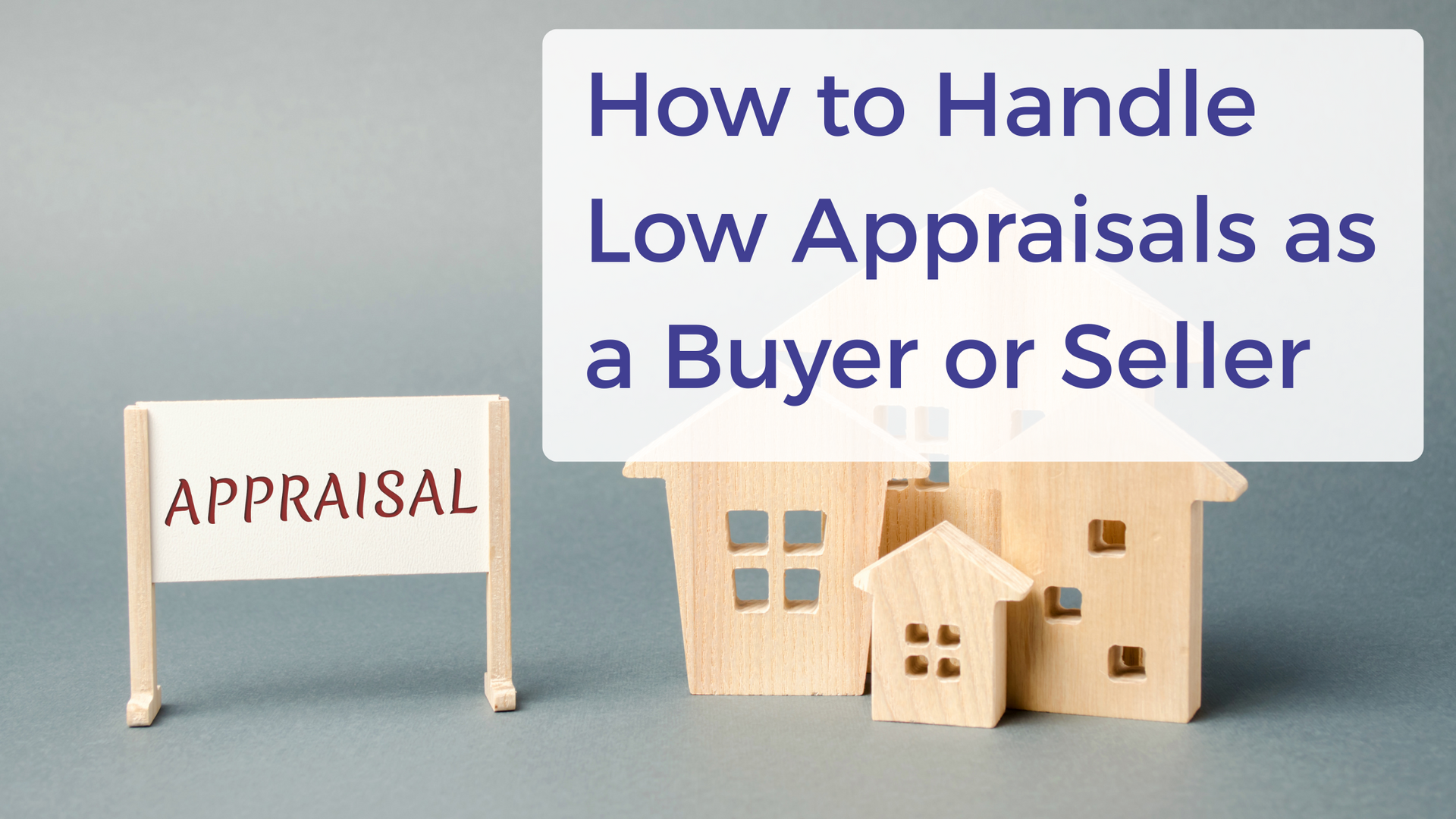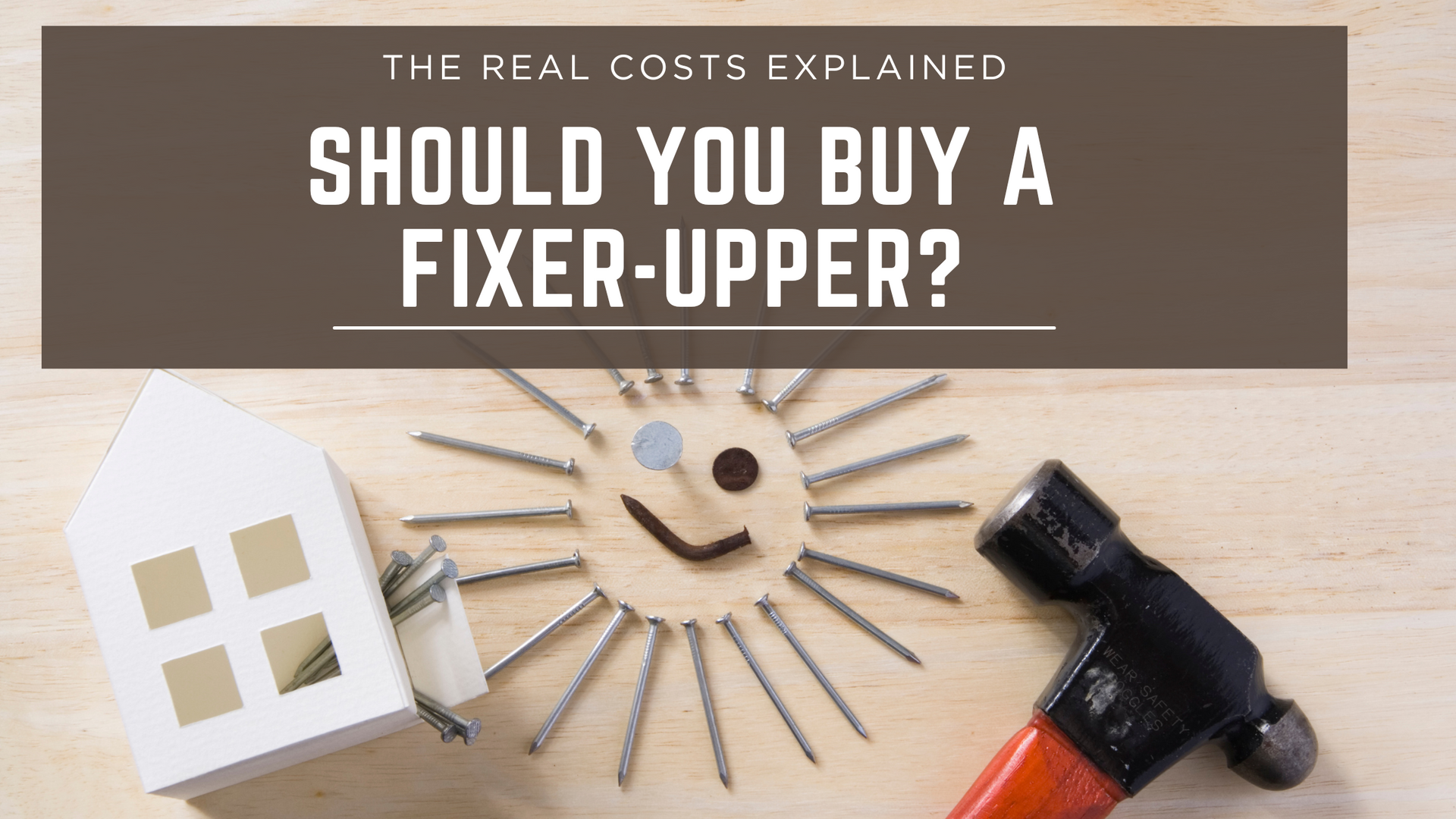Buying a home is one of the biggest financial moves you’ll ever make — and how you choose to finance it can make all the difference. Mortgages aren’t one-size-fits-all. The right loan depends on your budget, credit, long-term goals, and even where you plan to buy.
Whether you’re a first-time buyer or upgrading to your next home, understanding your financing options can help you make a confident and informed decision. Here’s an overview of some of the most common mortgage types and what they mean for you.

Conventional Loans
Conventional loans remain one of the most popular mortgage choices. They’re not backed by the government, which means lenders typically look for stronger credit and stable income. A credit score of at least 620 is often required.
Fixed-Rate Mortgage:
Your interest rate and monthly payment stay the same for the entire term (usually 15, 20, or 30 years). It’s a great choice if you want stability and predictable budgeting.
Adjustable-Rate Mortgage (ARM):
An ARM starts with a lower interest rate for the first few years (commonly 5 or 7), then adjusts annually based on market conditions. This can help save money upfront, but payments could rise later on.
FHA Loans
Backed by the Federal Housing Administration, FHA loans are designed to make homeownership more accessible — especially for first-time buyers or those with lower credit scores.
Down payments can be as low as 3.5%, and credit scores in the mid-500s may still qualify. Keep in mind, FHA loans require mortgage insurance premiums (MIP) for the life of the loan, which adds to monthly costs.
VA Loans
For eligible veterans, active-duty service members, and surviving spouses, VA loans are one of the most powerful home financing options available.
These loans are backed by the Department of Veterans Affairs and typically come with:
- No down payment required
- No private mortgage insurance (PMI)
- Competitive interest rates
It’s a well-deserved benefit for those who have served — and one that can make homeownership significantly more affordable.
USDA Loans
The U.S. Department of Agriculture offers USDA loans to promote homeownership in rural and certain suburban communities.
They require no down payment and usually feature lower mortgage insurance costs. However, buyers must meet income guidelines, and the property must be located in a USDA-approved area.
Jumbo Loans
If you’re purchasing a higher-priced home that exceeds the conforming loan limits set by the Federal Housing Finance Agency (FHFA), you’ll likely need a jumbo loan.
Because these loans involve larger amounts, they often require:
- Higher credit scores
- Larger down payments
- Strong income and asset documentation
Down Payment Assistance and Specialty Programs
In addition to traditional mortgages, many states, cities, and lenders offer programs that help with down payment assistance, lower interest rates, or reduced closing costs.
These programs can make a big difference for first-time or budget-conscious buyers — helping bridge the gap between “almost ready” and “ready to buy.”
What to Consider When Choosing a Mortgage
Before locking in a loan, take time to think about:
- How long you plan to stay in the home: Fixed-rate loans are ideal for long-term ownership, while ARMs might work better if you plan to move within a few years.
- Your overall financial picture: Your credit score, income stability, and debt-to-income ratio will determine which options are best.
- Upfront vs. long-term costs: Lower down payments can help you buy sooner, but may result in higher monthly payments or insurance premiums later.
Final Thoughts
Finding the right mortgage isn’t just about rates and terms — it’s about creating a plan that aligns with your life and goals. Every buyer’s situation is unique, and the right financing strategy can set you up for long-term financial success.
As a mortgage broker, my role is to help you navigate these options, compare programs, and find a loan that fits your needs — not just what the bank offers. If you’re exploring your next step toward homeownership, I’m here to help you build a strategy that makes sense for you and your future.


